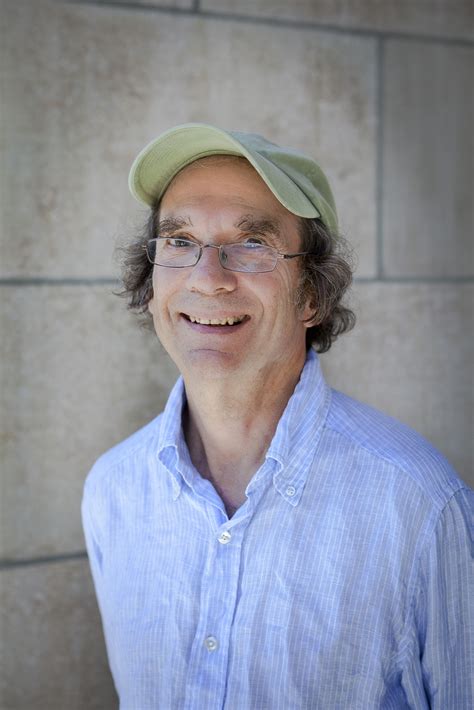Top 5 Quotes & Sayings by Charles Derber
Explore popular quotes and sayings by Charles Derber.
Last updated on December 18, 2024.
The Upton Sinclair of today's global economy is Charles Kernaghan, the New York based muckraker most famous for his expose of sweatshops producing the Kathie Lee Gifford line of clothing for Wal-Mart.... The Institute for Global Labour and Human Rights... has been a leader in exposing sweatshops, mounting corporate campaigns, and fighting for the rights of vulnerable workers.
The poor, no less than the rich, stay tuned in to the Dream Machine in bad times as well as good....By 1995, millions of the poor were left without housing, medical care; jobs, or educational opportunity; six million children-one of every four kids under 6 years of age in America-were officially poor. Mired in Third-World conditions of poverty while video-bombarded with First-World dreams, rarely has a population suffered a greater gap between socially cultivated appetites and socially available opportunities.

















